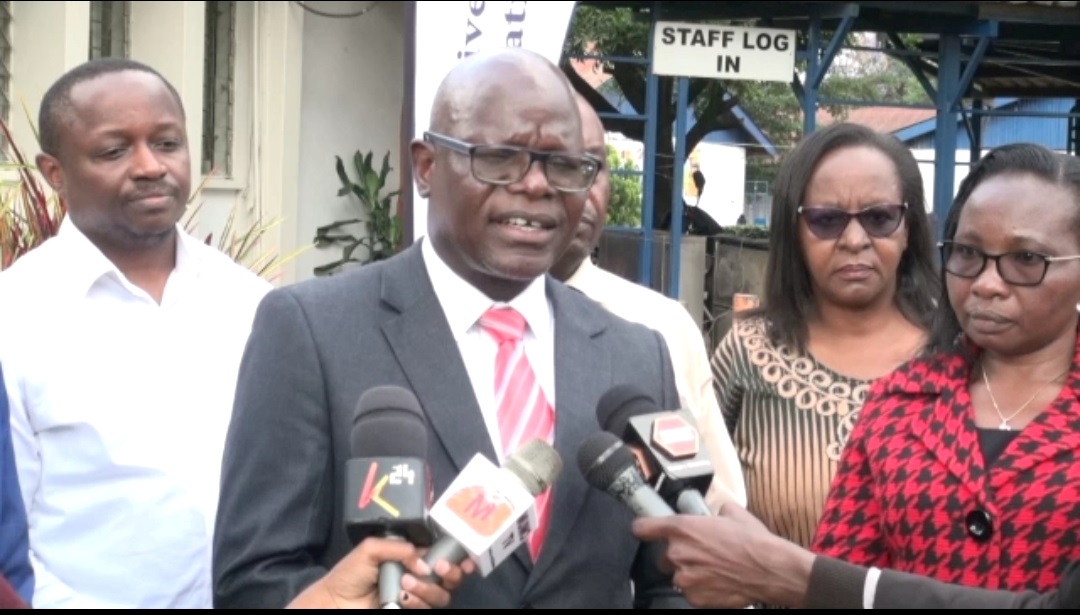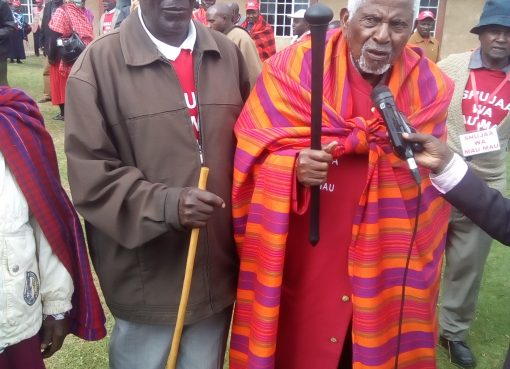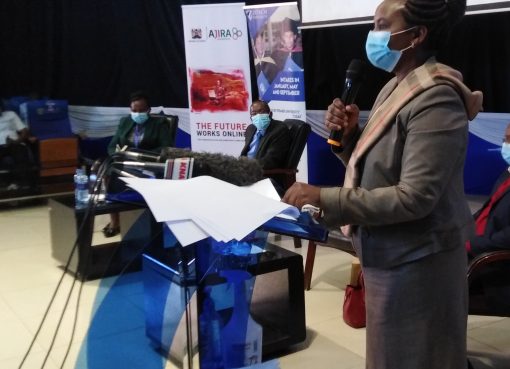Universities have been challenged to work with industry players to support students’ innovations and creativity to enable them to earn.
KCA University Deputy Vice Chancellor in charge of Research, Innovation and Outreach Prof Vincent Onywera said most innovations in universities lie unused despite students putting enormous resources and effort into developing them, leading to frustrations.
He said if not addressed, universities and the country as a whole may lose out on top innovations in the future.
He was speaking at the annual Innovation Week and Industry Summit held at the University Main Campus in Ruaraka yesterday.
“We have several enterprising innovations at our universities yet to hit the markets for failure to commercialize them. We need to link the young innovators with the industry to not only market their products but also improve on their skills,” said Prof Onywera.
The don at the same time divulged that the University has an operational Research Fund to support, spur and catalyze innovations as well as ensure that the innovations are operational.
He said some students have already benefited from the Fund, citing an innovator who came up with a tele-app that he is currently working on. He called on more innovators to apply for the fund.
“We are asking our partners, sponsors and stakeholders to support the initiative by KCA University to improve Research, Innovations and commercialization of research outputs,” he said.
During the event that brought together local and international innovators, exhibitors, researchers, creators and more than 2000 participants; innovations were showcased and the best rated feted.
Alvin Ekada, a student pursuing Software Engineering at JKUAT University scooped the best Business plan competition Category while Hope Wanjeri, a student at KCA University pursuing Software Development emerged winner of the hackathon.
Ekada’s business plan seeks to improve Healthcare Accessibility and Outcomes by connecting patients with trusted providers while Wanjeri has developed a Health management system that uses Near-Field Communication (NMC) cards to store data on health records about patients.
Andrew Musila, head of innovations at Safaricom urged more industry players to collaborate with institutions of higher learning to provide mentorship and industry expertise to student innovators.
Musila noted that Safaricom will continue to offer thought leadership and the required technology to the innovators to help them achieve their dreams with ease.
By Muoki Charles





